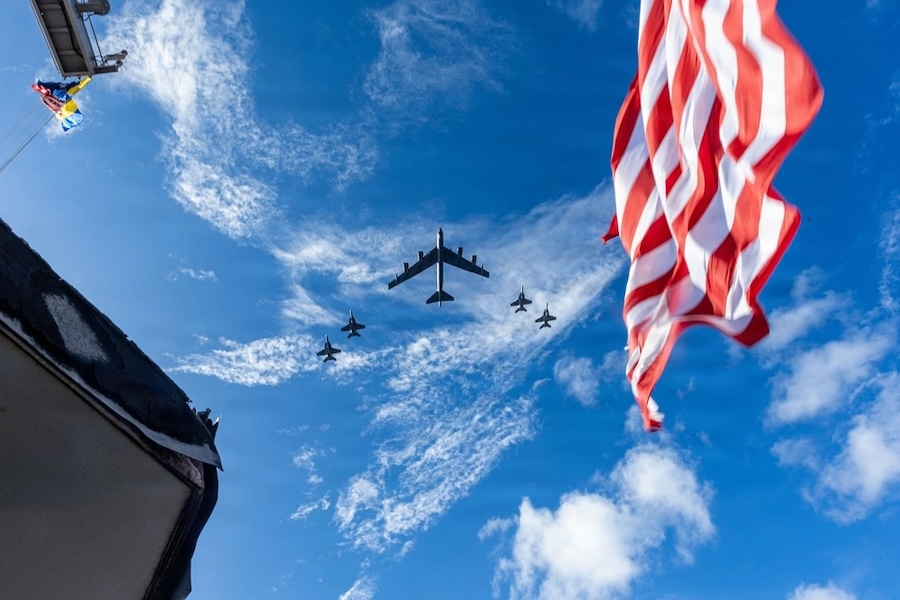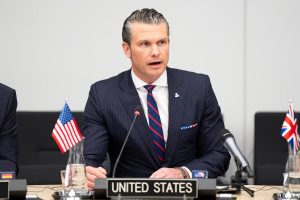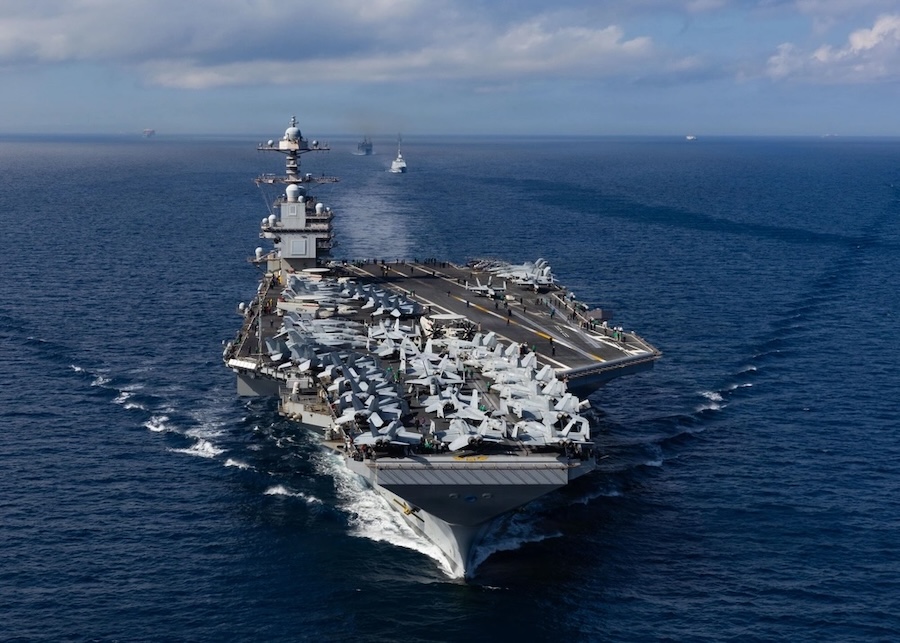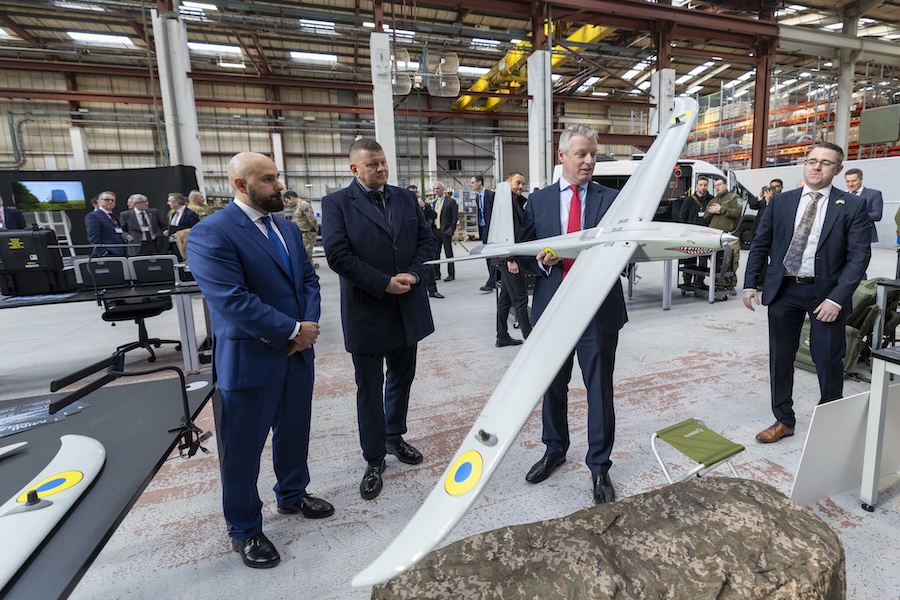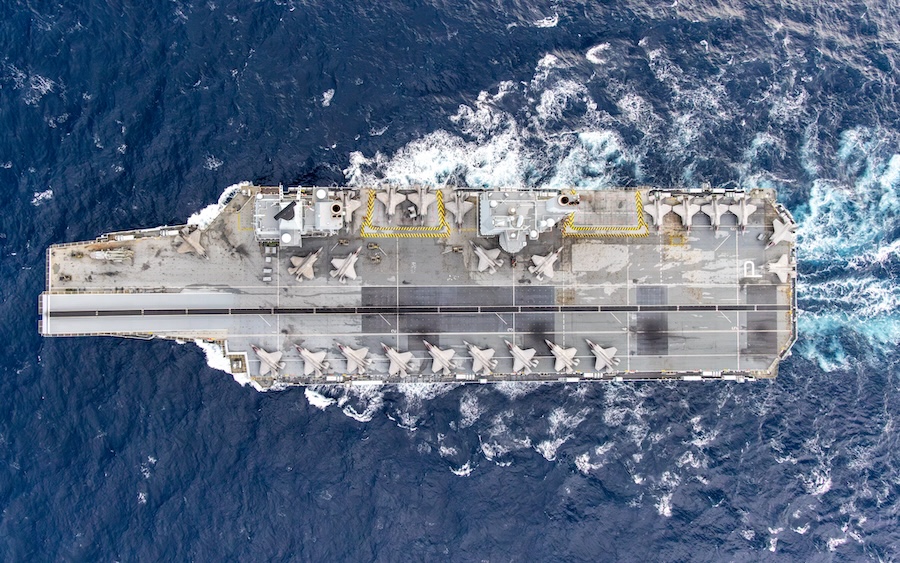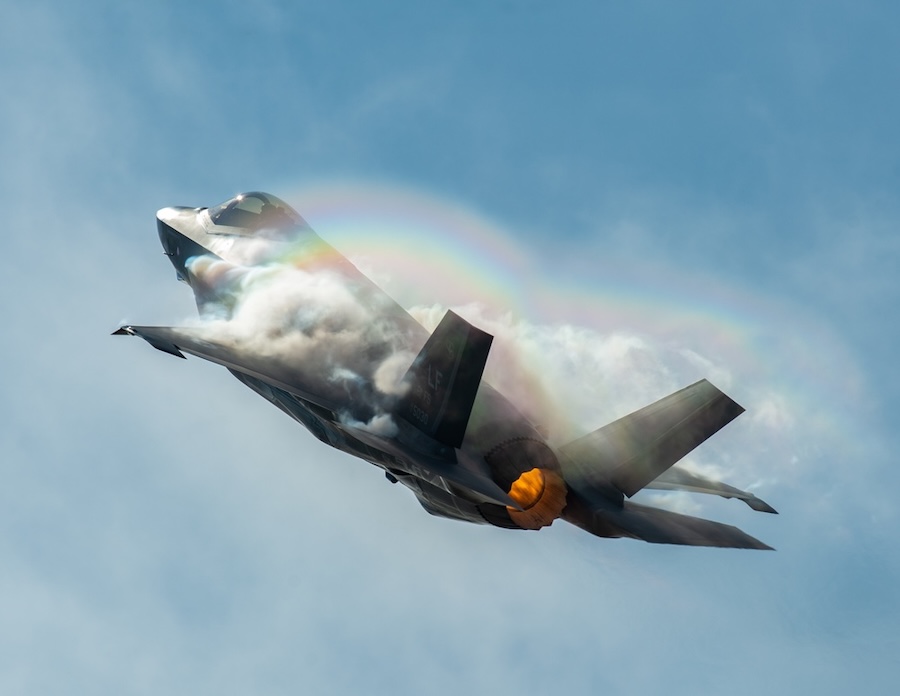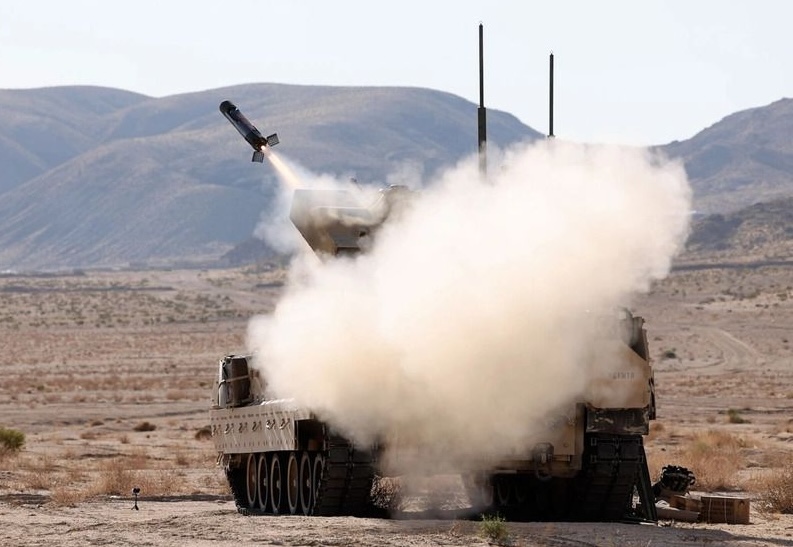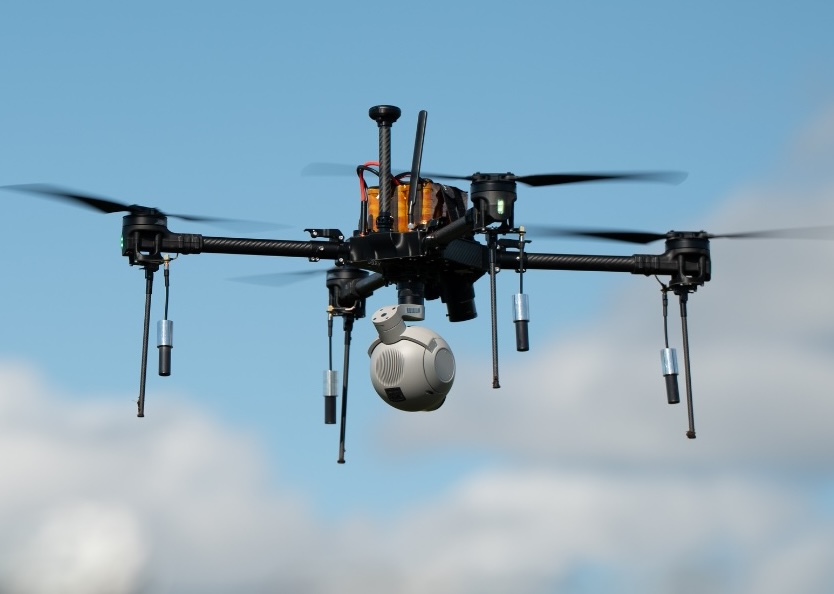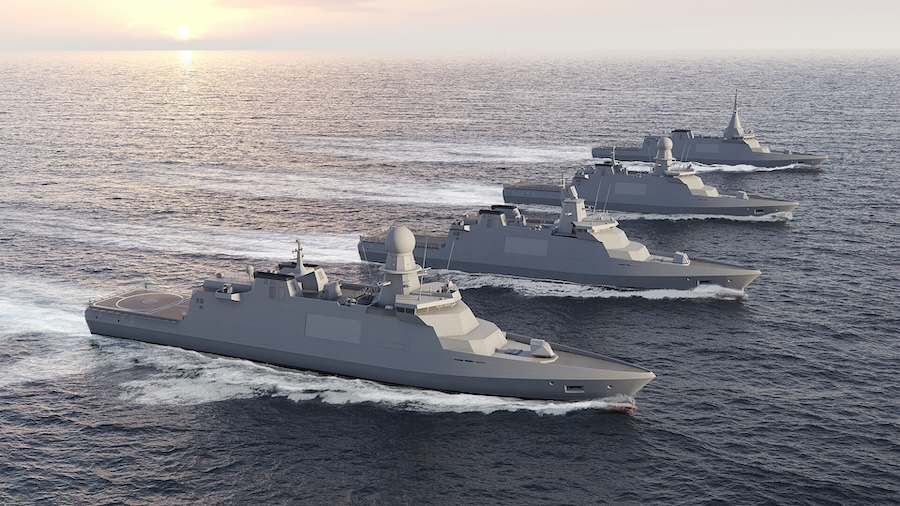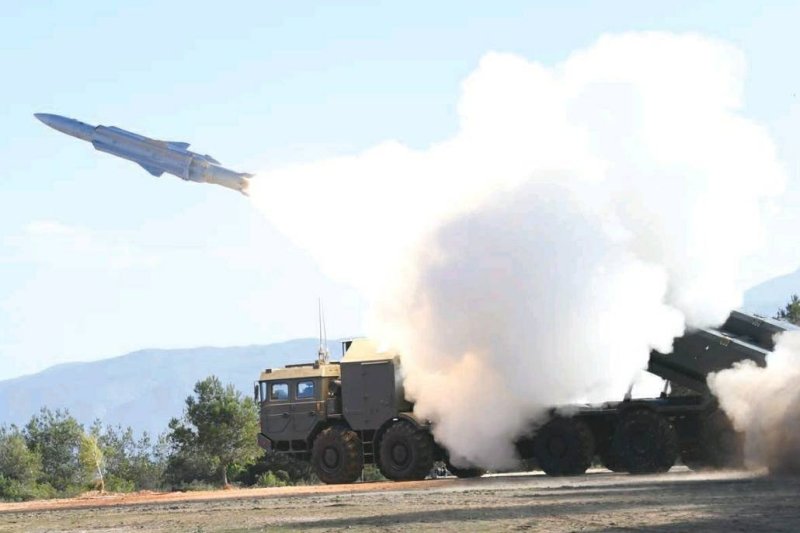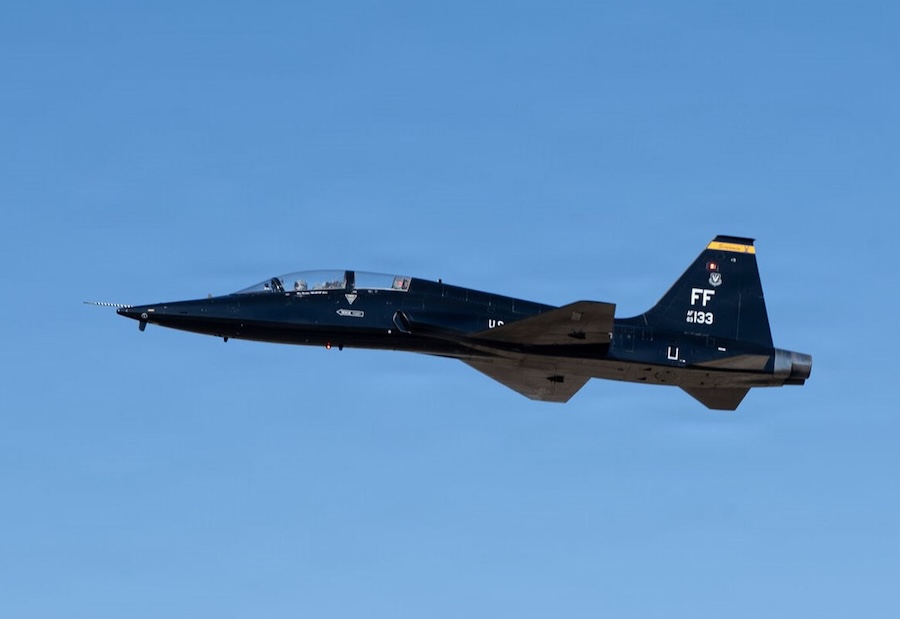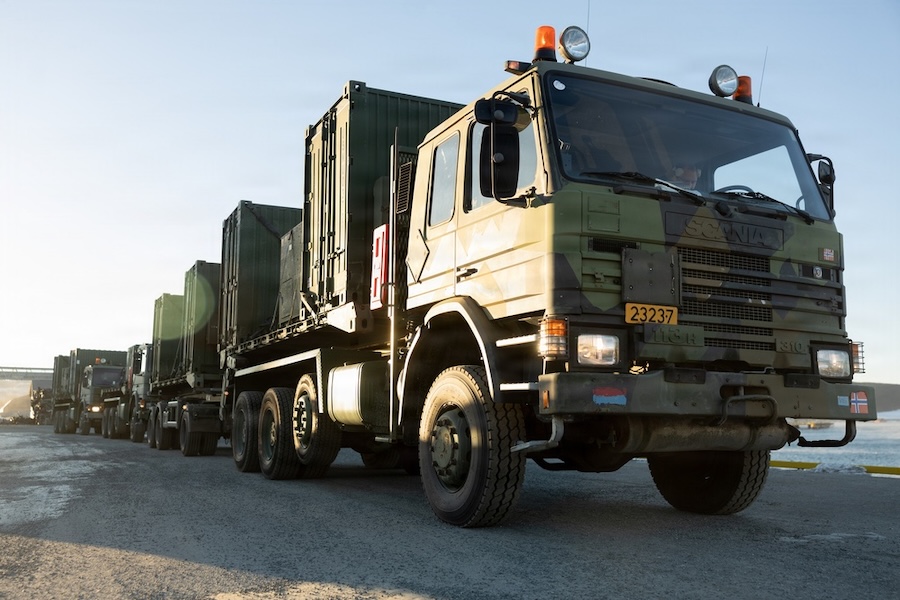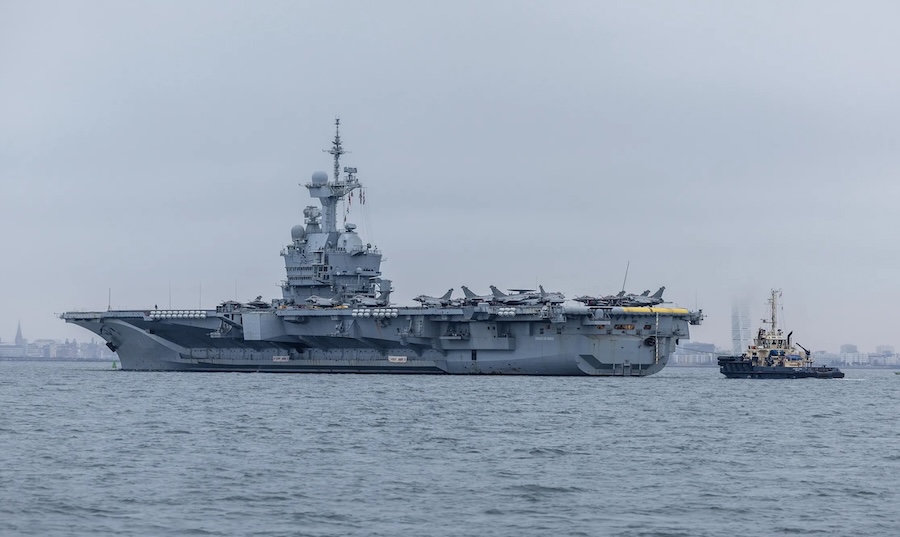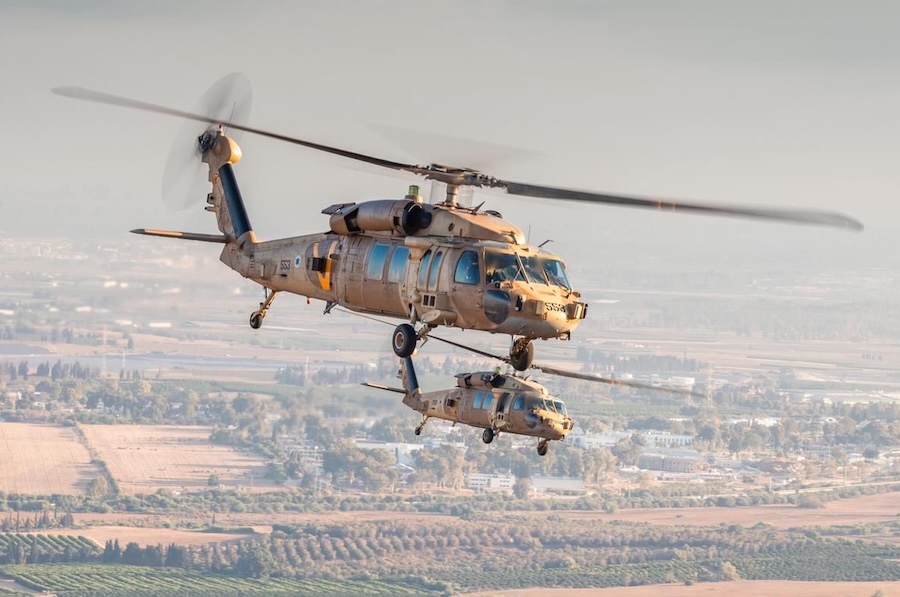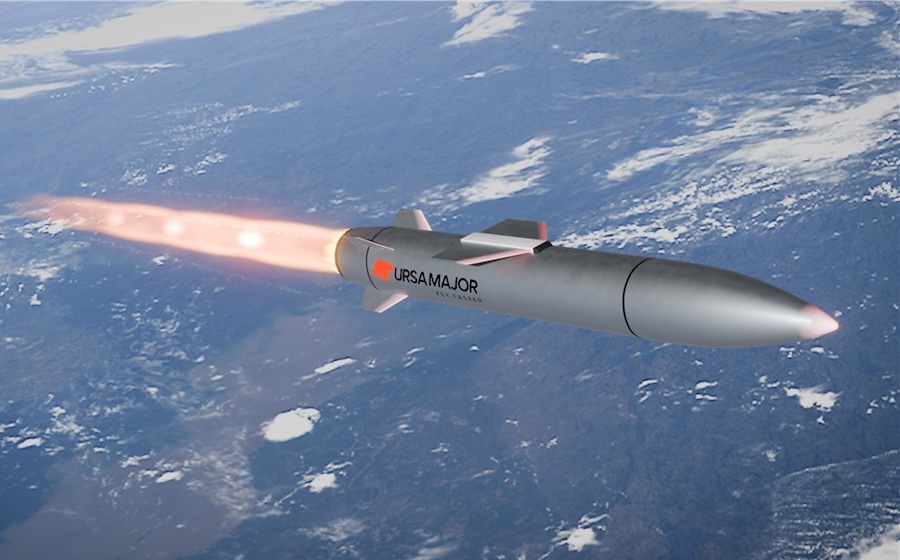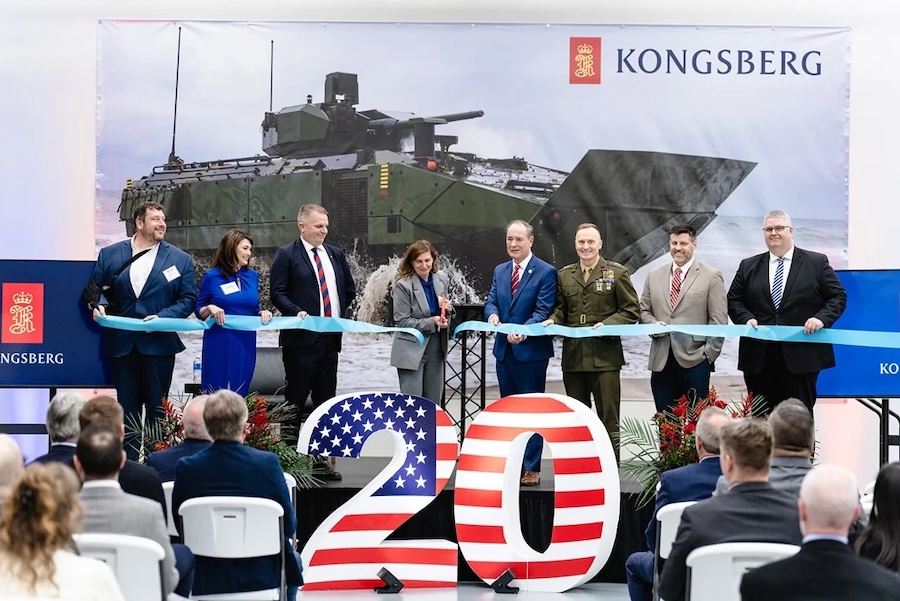“The Western Hemisphere is America’s neighborhood – and we will protect it,” Hegseth wrote on X. His announcement followed a Navy mission of the same name in January, which involved deploying robotic vessels and airborne systems to support the detection and monitoring of illicit trafficking.
That earlier operation introduced robotic surface craft, small interceptor boats and vertical take-off robotic air systems across the Southcom region. Southcom oversees an area covering more than 30 countries in South and Central America and the Caribbean.
In October, Hegseth revealed the establishment of a new counternarcotics joint task force under II Marine Expeditionary Force to “synchronize and augment counter-narcotics efforts across the Western Hemisphere.” “By forming a JTF around II MEF headquarters, we enhance our ability to detect, disrupt, and dismantle illicit trafficking networks faster and at greater depth – together with our U.S. and partner-nation counterparts,” Southcom Commander Adm. Alvin Holsey said.
The White House referred questions about the latest announcement to the Pentagon, which pointed to Hegseth’s post on X. Brian Finucane, a senior adviser at International Crisis Group, said, “At a minimum, Secretary Hegseth’s announcement continues to emphasize the Trump administration’s narrative that these maritime strikes are somehow related to counterterrorism.”
Since early September, the U.S. military has conducted 20 lethal strikes against alleged drug-trafficking vessels in the Caribbean and Eastern Pacific, resulting in at least 80 deaths. The administration has maintained that those targeted were traffickers carrying illegal drugs and linked to designated terrorist groups, drawing pushback from lawmakers who argue that congressional authorisation is required.
The United States has also expanded its military presence in the Southcom area, deploying warships, F-35 aircraft, surveillance assets and Marines as it increases pressure on Venezuelan President Nicolás Maduro, labelled an “illegitimate leader” by U.S. officials. President Trump has publicly discussed potential land strikes in Venezuela and said in a CBS “60 Minutes” interview that Maduro’s “days are numbered.”
Finucane said Hegseth’s announcement does not make land strikes more likely and added that it “could be further saber-rattling by the administration.” He noted, “President Trump reportedly has yet to decide on whether to attack Venezuela, and he may decide that he doesn’t want to fight another regime change war.”
The USS Gerald R. Ford and its strike group arrived in the region this week, adding more than 4,000 sailors and significant firepower. As the carrier nears Puerto Rico, around 15,000 U.S. personnel will be in the region alongside guided missile cruisers and amphibious ships.
Benjamin Gedan of the Stimson Center said the deployment is “no doubt designed to intimidate the Venezuelan authorities.” He added, “I think the U.S. is not being forthright about its objectives, and so it’s very difficult to evaluate the strategy in the Caribbean at the moment, whatever name the Pentagon gives it.”
Hegseth and Joint Chiefs Chair Gen. Dan Caine briefed President Trump at the White House on Thursday and Friday on possible military options regarding Venezuela. They were joined by Vice President Vance, Secretary of State Marco Rubio and Deputy chief of staff Stephen Miller.
Rep. Adam Smith said on NBC’s “Meet the Press NOW” that Rubio “denied” any plans for land strikes or regime change during a classified briefing on the maritime operations. “But certainly from what the president has said, there is cause for concern that they might do rather dramatic mission creep here,” Smith said.
In August, the administration doubled the reward for information leading to Maduro’s arrest from 25 million dollars to 50 million dollars. Venezuela said this week that it has mobilised about 200,000 troops across its armed forces to bolster its defence.
Maduro appealed for reduced tensions in comments to CNN, saying, “No more endless wars. No more unjust wars. No more Libya. No more Afghanistan.” Gedan argued that change in Caracas is unlikely without military action and said expectations are rising as U.S. deployments continue. “And expectations are now so high, and U.S. credibility, to some degree, is on the line, that the president will be under great pressure to do more,” he said.
Source: The Hill.


